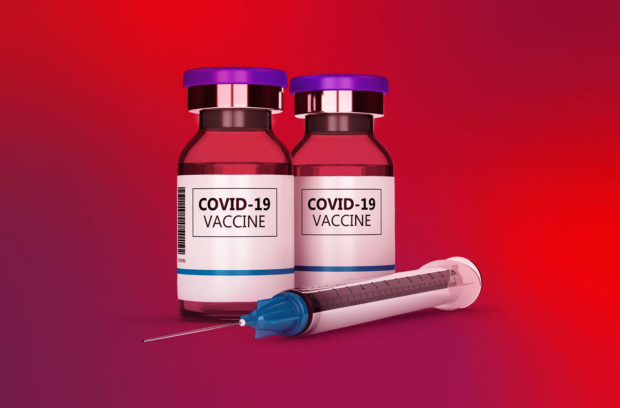MANILA, Philippines — A cybersecurity company said Thursday it found underground advertisements for supposed COVID-19 vaccines bearing the labels of Pfizer-BioNTech, AstraZeneca and Moderna.
According to Kaspersky security expert Dmitry Galov, its researchers examined 15 marketplaces on the Darknet and found advertisements for the supposed vaccines.
“Over the past year, there have been a whole host of scams exploiting the COVID topic, and many of them have been successful. Right now, not only are people selling vaccine doses, but they’re also selling vaccination records—pieces of paper that can help you travel freely,” he said.
There were also sellers advertising unverified COVID-19 jabs, said Galov.
“You can find just about anything on the Darknet, so it’s not surprising sellers there would attempt to capitalize on the vaccination campaign,” he added.
Galov said it is important for users to be cautious of any deal related to the pandemic.
“And, of course, it’s never a good idea to buy a vaccine off the Darknet,” he added.
According to Kaspersky’s report, most of the sellers of the supposed vaccines were from France, Germany, United Kingdom, and the United States. The company added that prices per dose range from $250 to $1,200, with an average cost of about $500.
Kaspersky said sellers use encrypted messaging apps such as Wickr and Telegram to communicate with buyers, as well as cryptocurrency, primarily Bitcoin, for payment transactions.
The company revealed that the majority of these underground sellers have made between 100 to 500 transactions, but added that it is impossible to tell how many of the vaccine doses being advertised online are actual doses.
“Even if you did receive something in the mail, most likely what you would receive would not be an effective, valid dose. More importantly, obtaining such doses is illegal,” Kaspersky noted.
To avoid scams, the cybersecurity company advised the public to not buy products, including vaccine doses, on the Darknet. It also urged the public to check the URLs of websites, and to pay attention to grammar and layout of the sites they visit and emails they receive. — Liezelle Soriano Roy, Trainee
